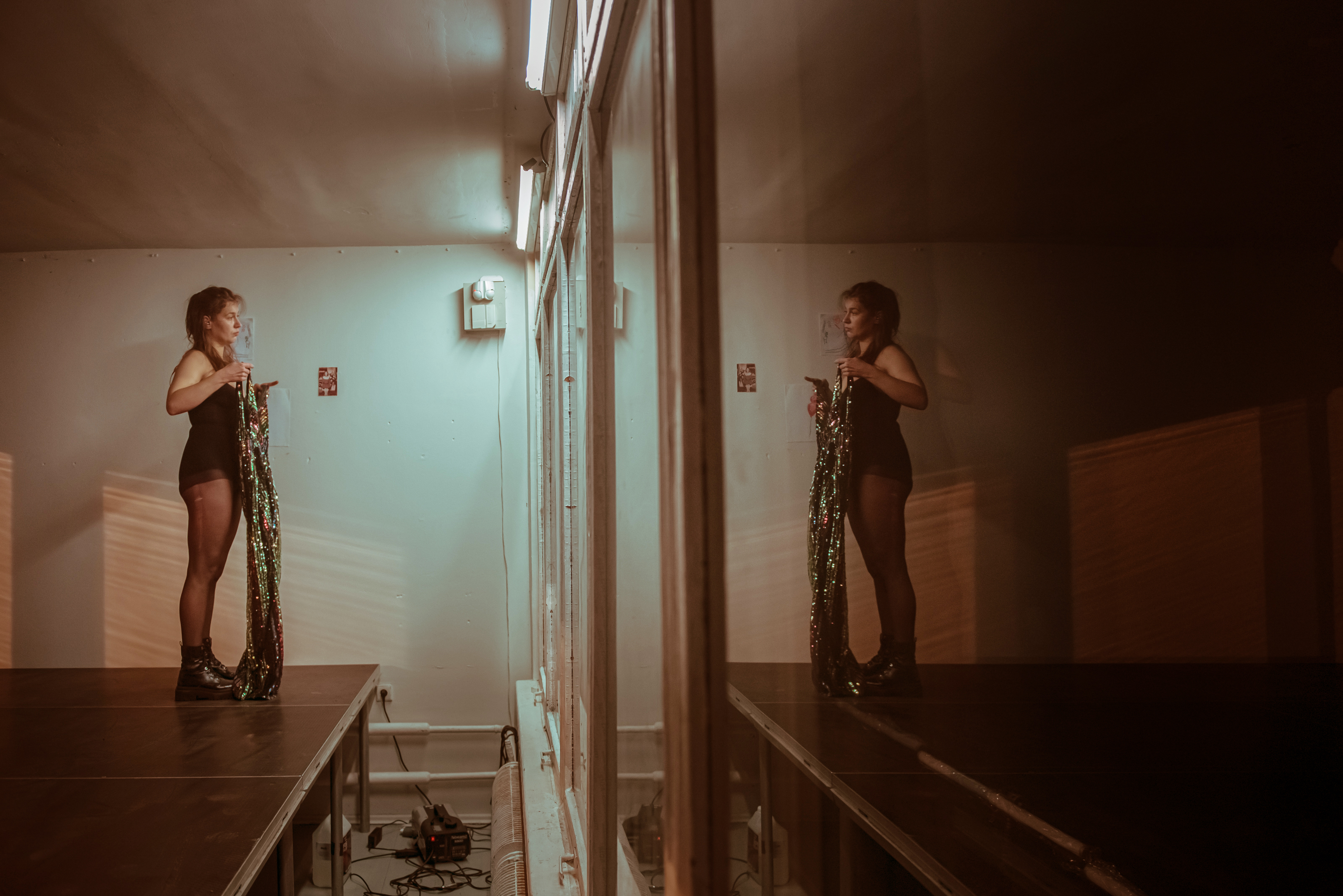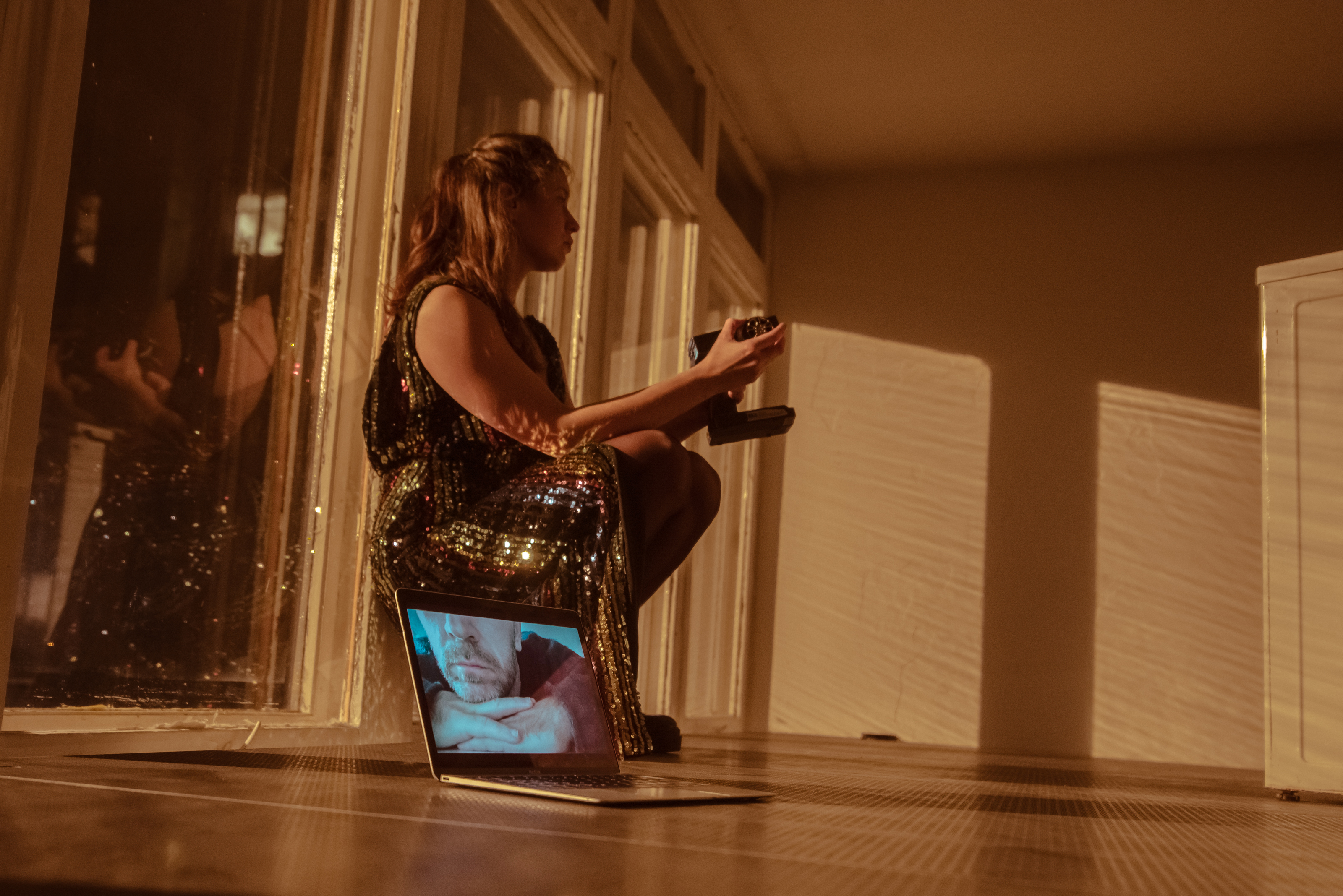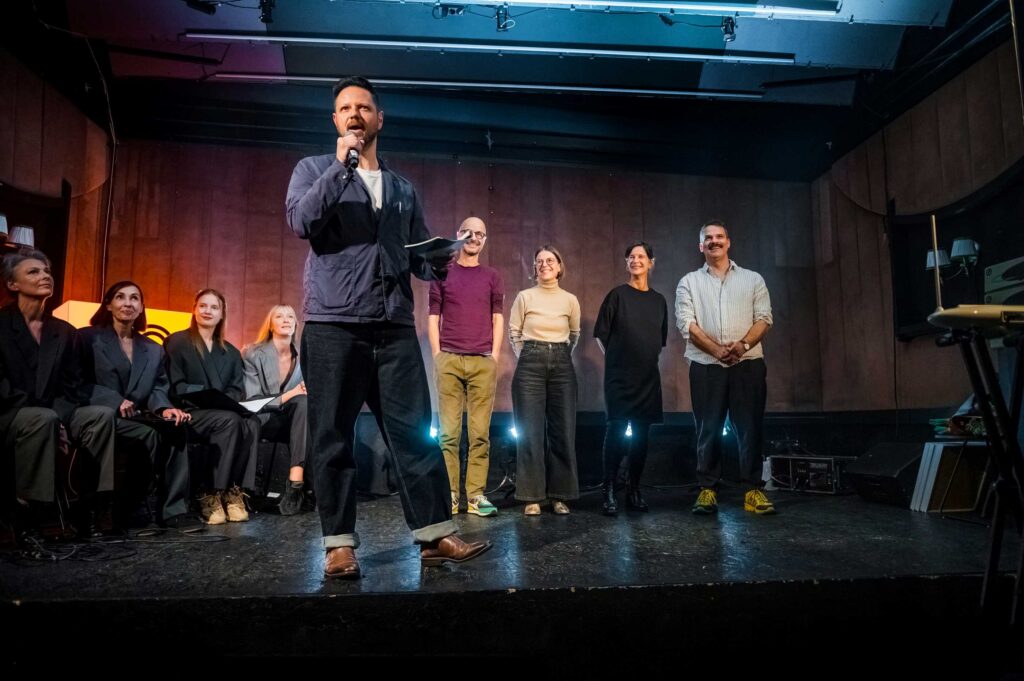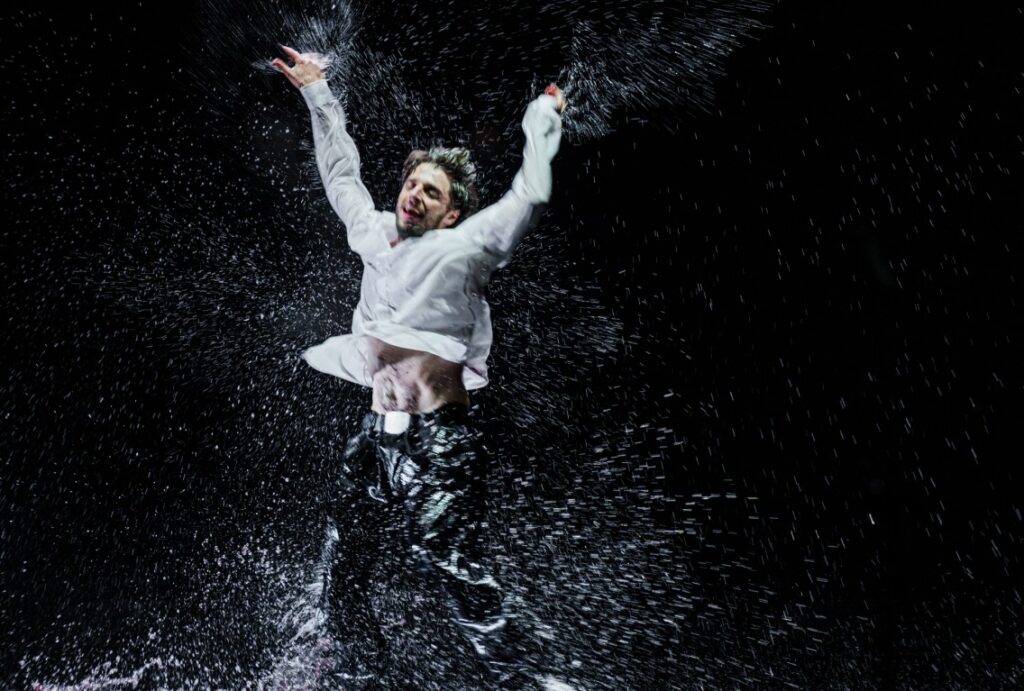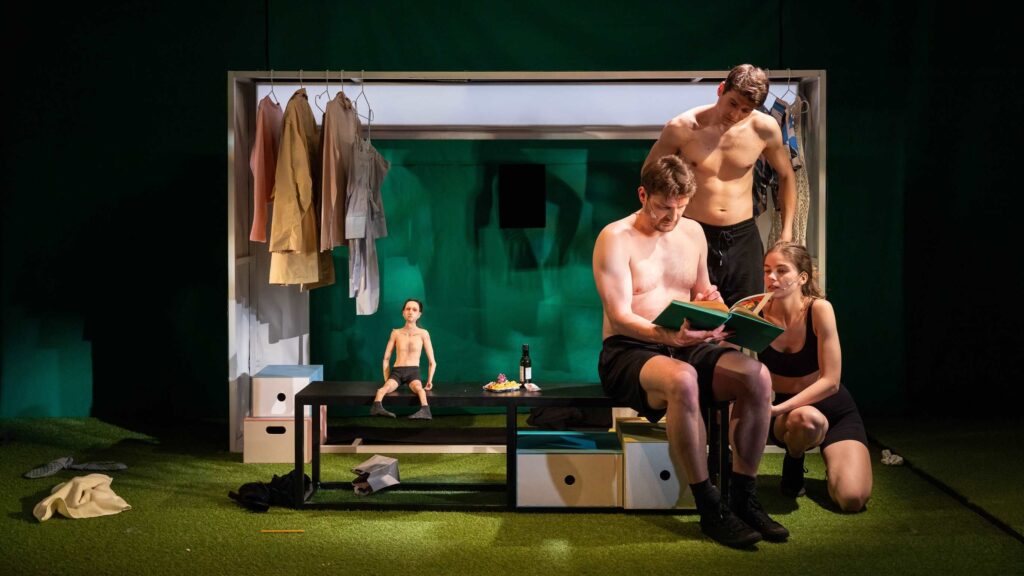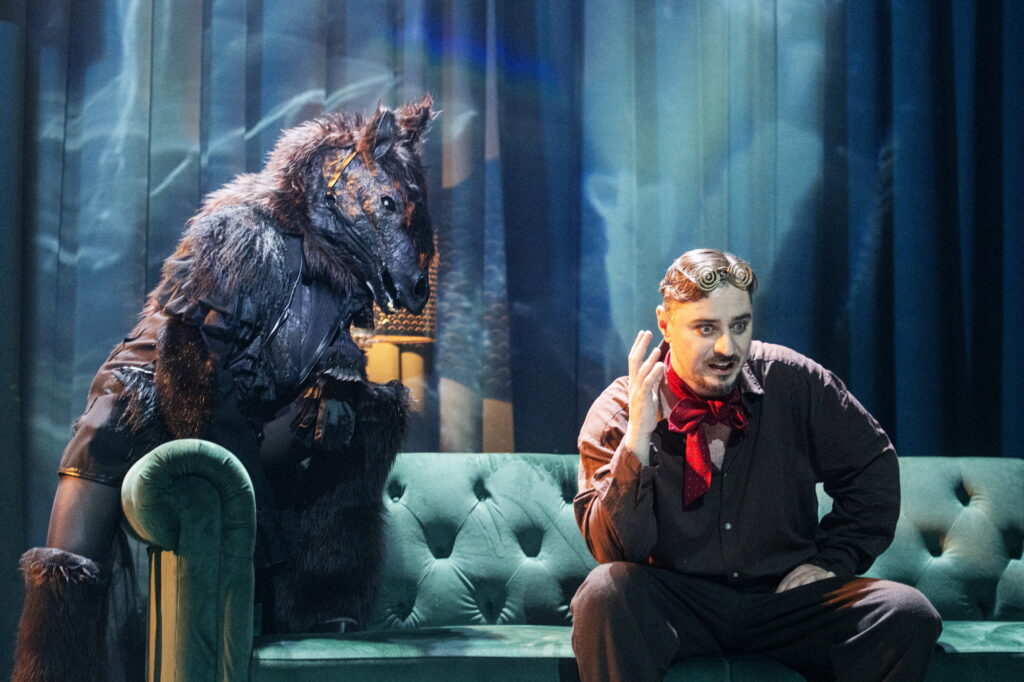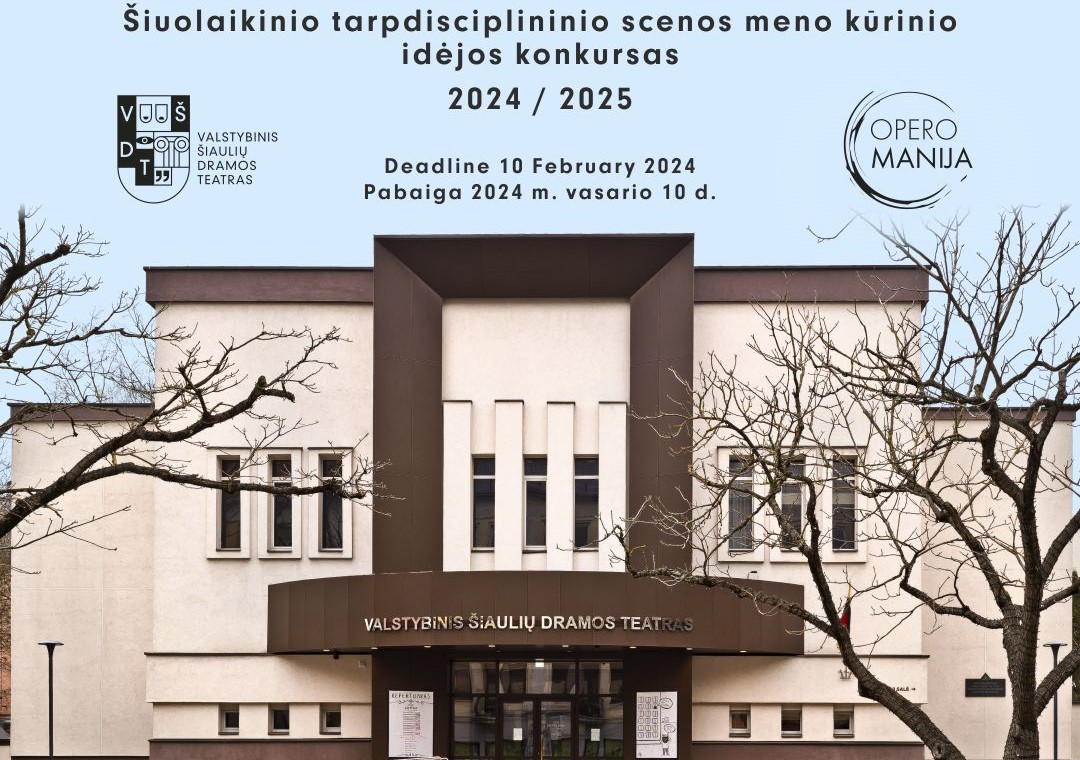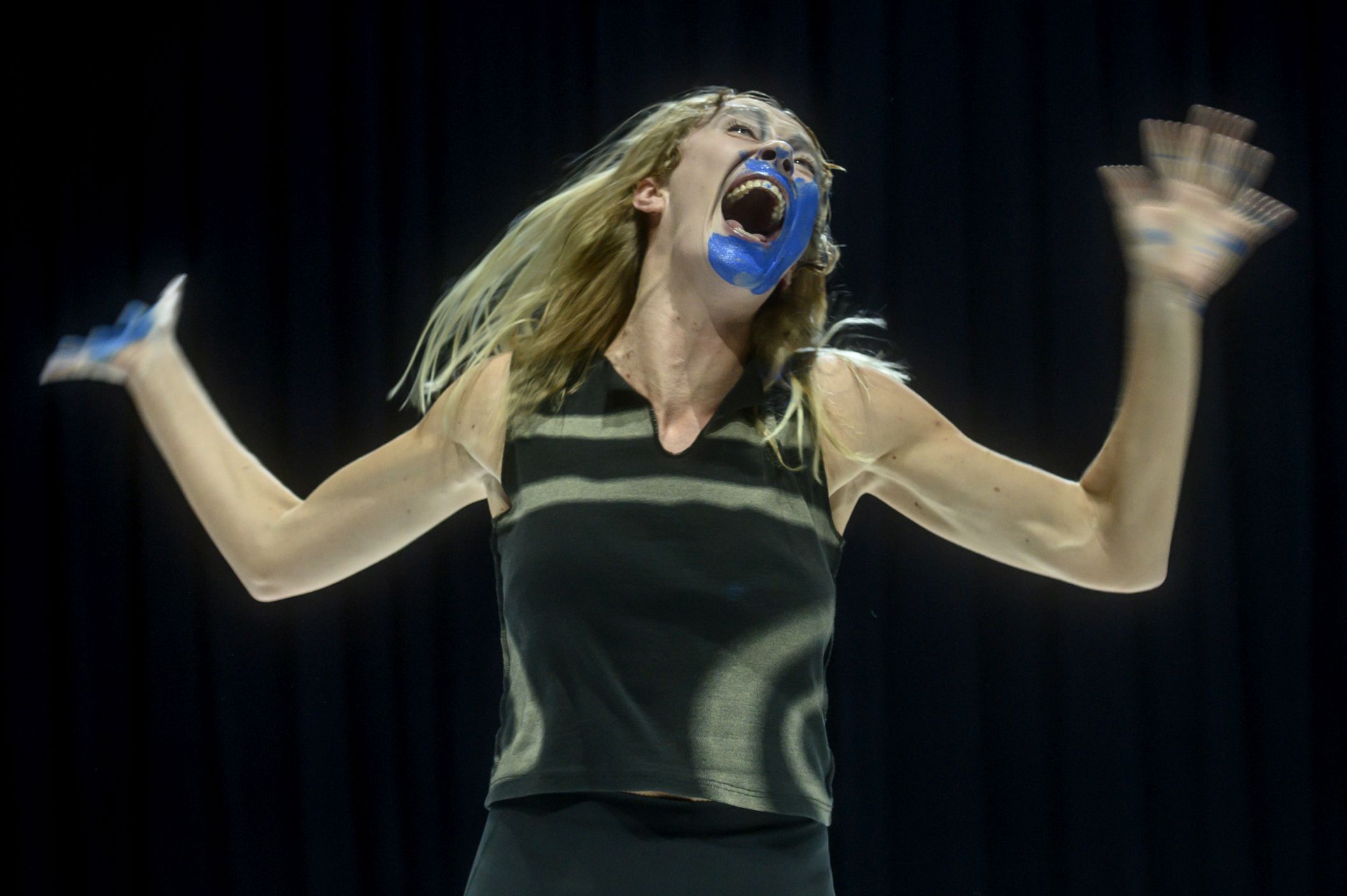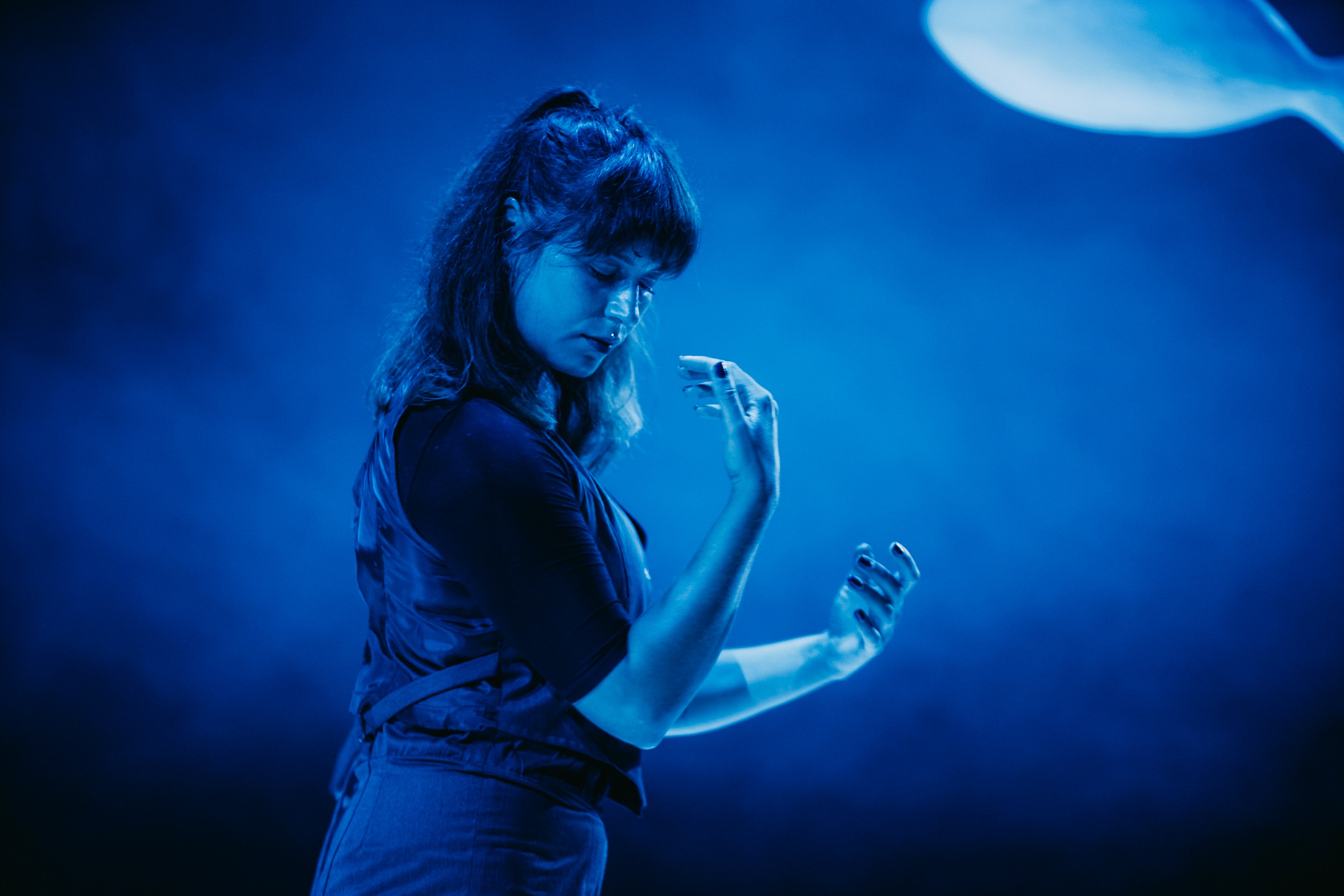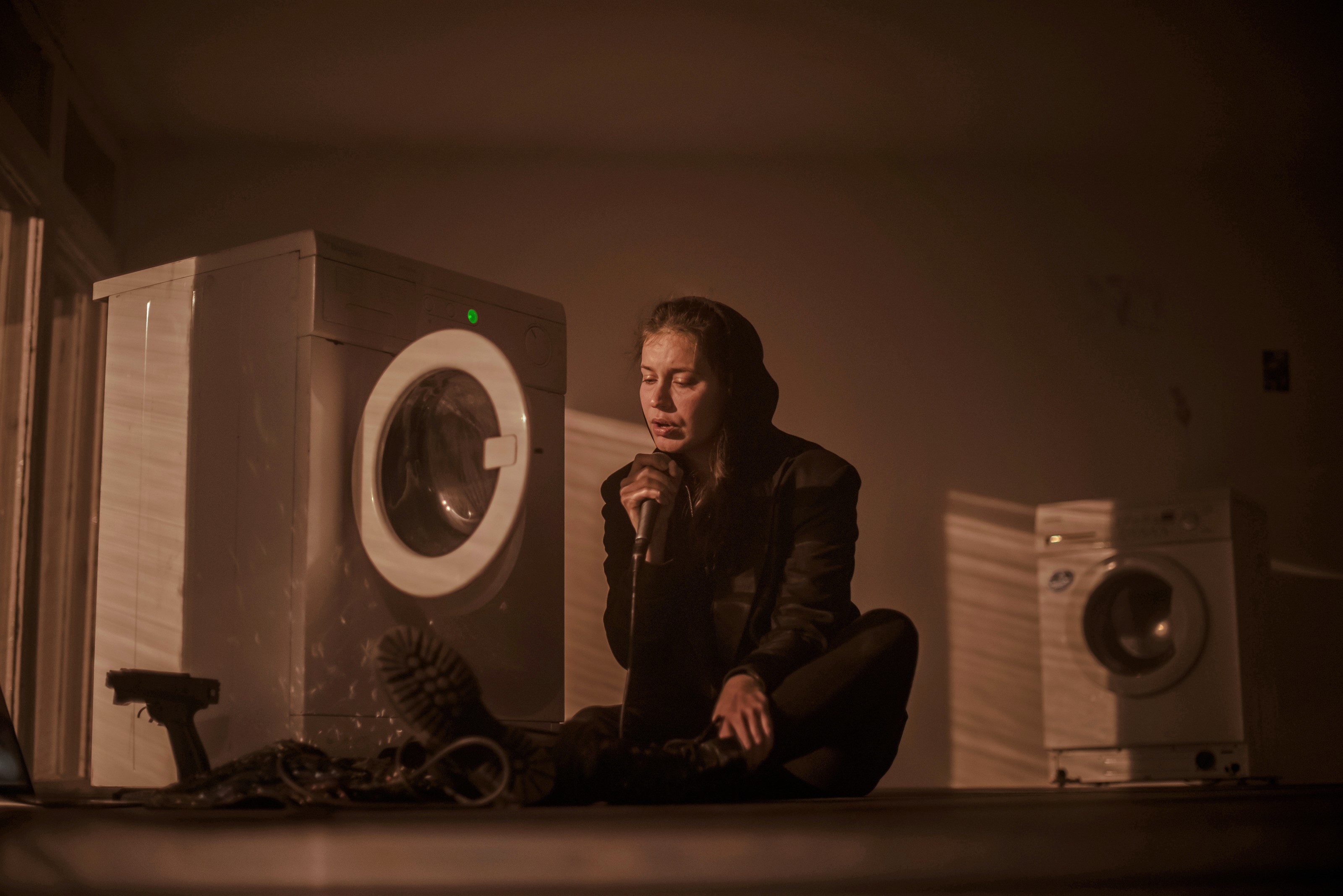
The writer Margaret Atwood said that the events in The Handmaid's Tale and The Testaments have their equivalents in the history of humankind. She expressed a similar attitude towards the screenplay for the series, whose authors adhered to an important rule: no matter what events they add to supplement the stories in the books, those events should actually have taken place. It is a kind of paradox that literature that is regarded as predicting a dystopian future is, in fact, based on actual events. Perhaps those claiming that all stories (which do not contradict scientific facts) have already happened are right?
Consumers of art take a different approach. It is no coincidence that the promotional materials for productions present 'true facts', 'bare openness', or 'reality reported in striking detail' as the greatest virtues of a piece, appealing to people's inherently voyeuristic nature. Creative works enriched by public confession are mostly promoted for their authenticity, not their artistic expression.
I recently conducted a study which confirmed that the autobiographical nature of a piece provided some added value to it in the eyes of viewers, luring them to get together with people marked by suffering and daring to talk publicly about it. Seeking to find out how performances based on autobiographical facts (i.e. performing art pieces, where the performers tell stories from their personal experience) affect Lithuanian audiences, I surveyed 24 people. Twenty replied that they viewed autobiographical pieces differently to ones based on pure fiction. While only half of them regard autobiographical qualities as a positive factor in choosing a piece, the key point is that the autobiographical nature of the piece essentially affects viewers' choices.
The research focused on three premières performed between December 2019 and November 2020. The first was Mongolija (Mongolia), the directing debut of the established Lithuanian actor Darius Gumauskas, presenting experiences that he and his acting partner Andrius Alešiūnas had dealing with family members and friends with Down's syndrome. The second was a solo performance by another noted actor, Marius Repšys, called Vaidina Marius Repšys (Marius Repšys on Stage), directed by the actor's brother Mantas Jančiauskas, where a man tells of his professional path struggling with mental illness. The third première was Šokis skalbimo mašinai ir mamai (Dance for a Washing Machine and Mom), where the artist Greta Grinevičiūtė creates a history of her past, looking for ties with the present, analysing memories of stories told by people around her, along with early childhood memories of her mother who took her life.
All these productions were premièred within a year of each other, creating the impression that autobiography is a new trend in Lithuanian theatre. Plays based on the personal stories of the performers have been staged before; however, they used to emerge sporadically, diverging from the overall context, rather than creating a new one. Memorable examples include Atviras ratas (Open Circle) by Aidas Giniotis, where actors sitting in a circle would narrate and improvise on their own or their colleagues' experience; and Žalia pievelė (Green Meadow), directed by Jonas Tertelis, featuring stories told by employees at the Ignalina nuclear power plant (Lithuania agreed to close the plant down on joining the European Union) and other residents of the town of Visaginas.
Atviras ratas, originally the title of a performance by students of Aidas Giniotis premièred in 2005, was later adopted as the name of the company they established. On entering the hall, viewers would find eight actors seated in a circle, surrounded by several rows of seats for the audience. As the viewers take their seats, the actors would start narrating brief memories, gradually evolving into longer narratives, improvised by both them and their fellow actors. These memories contained funny or tearful stories of first love, violence, shame, loss or discovery. Most of the narratives were sentimental, dramatically accurate and straightforward enough for viewers to identify with them. In terms of expression, Atviras ratas was distinguished by its obvious temporal distancing, which allowed a certain disassociation by the actors (while retaining emotional involvement), perceiving their narratives not as confessions, but as a representation of actual events. Such distancing, even while addressing sensitive topics, allowed the actors with more difficult experiences to avoid the role of martyr, inviting viewers to recognise themselves first, rather than grieve about the greater hardships of others.
Atviras ratas was seen as a set of autobiographical improvisations, whereas Žalia pievelė, staged at the Lithuanian National Drama Theatre in 2017, featuring people who had experienced the narrated stories directly instead of professional actors, was referred to as a documentary spectacle. The piece attracted exceptional attention in Lithuania: the performances were sold out, and received rave reviews. The real characters in Žalia pievelė (nine residents of Visaginas, and an energy expert from the United Kingdom) and their autobiographies were aptly and successfully used to narrate a story of importance to the entire country. Dry but important historical facts were enriched with the most characteristic personal traits of every performer or participant. Unprofessional and naïve behaviour on stage was well framed by directorial decisions and accurate dramaturgy presenting a clear narrative. This was no coincidence, since four people worked on the textual / dramatic side of the piece (Rimantas Ribačiauskas, Mantas Jančiauskas, Kristina Savickienė and Kristina Werner). In Žalia pievelė, people merely told stories, with no acting involved: they transformed into documents supporting their stories. A living, artistic proof of the version created by them and discovered by the creators of the play.
In the context of the above performances, Mongolija is distinguished by its concentrated attention to autobiographical statements, and the quest for artistic expression. Although the première in December 2019 might have brought tears to some viewers' eyes, the creators sought to present most of the story through artistic means that would invite the audience to feel and experience, rather than perceive and feel sorry (the play was seen by viewers as provoking less compassion for the authors). Hard to perceive imagery, actions and sounds created the impression that the authors of the piece suggested that the audience feel the dissonance they carried within, and, more often, the one experienced by people diagnosed with Down's syndrome. Curiously, most respondents who saw Mongolija said they felt frustrated, not due to the sensitive topic, but because of the artistic expression. Nevertheless, nearly all respondents were positive about the last part of the piece, a conversation with a professor of genetics about the reasons for, frequency and manifestations of Down's syndrome. This serves as a hint for a scenario: using artistic means, the creators inspired never-experienced and uncomfortable sensations, which brought about unpleasant emotions in the audience that were soon rationalised by explaining their origin, helping the viewers to calm down and delve into a familiar form of conversation.
The solo performance of Marius Repšys' Vaidina Marius Repšys featured in the September 2020 repertoire of the National Drama Theatre is about the work of an actor with bipolar disorder. It is based on the actor's life, previously described in his book Heraklis nr. 4 (Heracles No 4) and extensively depicted in the press and television shows. The latter circumstance ensures that some viewers will come to the performance aware of Repšys' situation. This way, the authors avoid directly mentioning the issue and its symptoms in the play, using actions to reveal the parallels between the actor's wanderings between characters and the personality shifts of a person with bipolar disorder. Is it possible to regard such a piece as art therapy? Some respondents claim that publicly speaking about an illness probably has some therapeutic effect; however, none felt they were involved in an unwanted session of self-treatment during the performance. This might have been influenced by several successful artistic solutions, which created the impression of being distanced from the issue in question, as well as earlier testimonies of the actor, which prevented the piece from turning into a 'shocking confession'.
In November 2020, the première of Šokis skalbimo mašinai ir mamai by Greta Grinevičiūtė was shown on the Vimeo platform. This performance served as the inspiration for a study on the perception of autobiographical plays. More specifically, it was the closing monologue in the play, when the performer confessed to being angry with her mother, who had committed suicide when she was a small child, leaving her and her father. The monologue lasted for around ten minutes, preceded by conditional creative actions featuring movement, metaphors and telephone conversations. Eventually, the intimately and subtly videotaped beginning of the piece did not overwhelm the final monologue, identified by most viewers as the pivotal scene. Using emotional language full of tenderness, sadness, love and anger had an intense, even physical, effect, which was felt even on the screen. These are the marks of an amazing performance, leaving no doubt as to the piece's quality. The methods of performance posed some questions, which, just as in the case of Vaidina Marius Repšys, suggested a self-therapy function. At the climax of the play, we are told about the mother's suicide, and witness the confession of a girl who is pouring out her grief, longing and tears. It is hard to believe that such an intense whirlwind of emotion, incomparable with previous examples, actually represents an instance of controlled acting, and not the actual feelings of the person. This raised certain questions. Why does the audience have to face an individual frankly expressing her pain? Why does the stage serve as space for public therapy? These issues stimulated the need to identify how many viewers were negatively affected by this sensitive emotional discharge. The research revealed that these questions concerned few viewers; most respondents claimed that they appreciated the openness of the artist, and experienced no discomfort because of it. On the contrary, most were deeply involved, and did not even think they were burdened with issues that should be resolved individually.
These productions are only a few of the latest more memorable examples of autobiographical performances in Lithuania. The increase in such content suggests at least two conclusions. First, artists are unable to find literature that reflects their experiences and themes that they want to talk about. Second, creators in the performing arts have concluded that reality is more powerful than theatre. However, we should note that the theatre has always dealt with topical issues, experiences and live examples from its time, so the autobiographical medium is probably not so exceptional, as many consumers of art interviewed or not interviewed by me appeared to believe.

